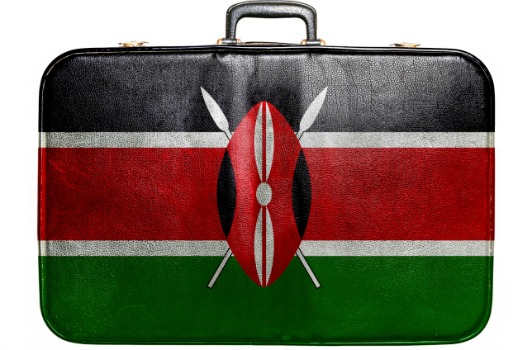Missing the Point: Call for Competition Enforcement of Intellectual Property Infringement
- Victor Nzomo |
- April 28, 2017 |
- CIPIT Insights,
- Counterfeits,
- Intellectual Property,
- Trademark

A recent piece published in a local newspaper reads: “Let IP theft fall under law of unfair trade practices”. In this piece, the author contends that trade mark infringement is so rampant in Kenya that trade mark owners require a third layer of protection under competition law in addition to the existing courses of action under the Trade Marks Act and Anti-Counterfeit Act. This blogger argues that the author’s contention plainly misconstrues the purpose and scope of competition law. In addition, the author’s contention is unashamedly skewed in favour of intellectual property rights (IPR) owners. In response to the IPR maximalist stance taken by the author, this blogger argues that a permissive IPR regime could enable locals to acquire knowledge and skills from copying and reverse engineering which in turn could lead to innovation of improved localised products.
The relevant portions of the author’s piece read as follows:
“It is important to include IP infringement as a component of unfair trade practice because this will make it easier for the holder of genuine IPR to have additional courses of action in the event of infringement. If IP infringement is included as an unfair trade practice, then this means that in addition to remedies under the Trademarks Act and judicial remedies, the holder of original products can additionally recover from an infringer through the unfair trade practices legal regime. There is a tribunal established to handle incidence of unfair trade practices and this tribunal has powers to make certain decisions. For example it can order discontinuance of certain unfair trade practices and it can issue interim orders. The Competition Authority has powers to investigate incidence of unfair trade practice and has powers to enter and search premises upon which such acts take place. I believe enforcement of IPR would be heightened if IPR infringement was classified as an unfair trade practice under the Competition Act.”
State intervention under the banner of competition law is primarily concerned with strengthening competition. In this process it is perfectly possible to advance the interests of competitors (and even consumers) at the same time although this is not the foremost concern of competition law. The object of the Competition Act is to enhance the welfare of the people of Kenya by promoting and protecting effective competition in markets and preventing unfair and misleading market conduct throughout Kenya. This object transcends the narrow private rights and interests of trade mark owners – a fundamental fact that the author of the above piece ignores.
However the position taken by the author is unsurprising. In 2016, Kenya Association of Manufacturers (KAM) with support from TradeMark East Africa commissioned a study on Intellectual Property Rights and Trademark registration legal framework within the EAC region. The study’s main objective was to propose an enforceable legal framework which effectively combats the production, importation or exportation and distribution of counterfeit or illicit goods in general within the EAC region. The study was intended to take stock of the latest IPR regime within the EAC region, highlight challenges within the current regimes and propose appropriate measures to address these challenges in order to enhance integration within the EAC region. The author of the above piece was the consultant picked to conduct the study.

John Maina